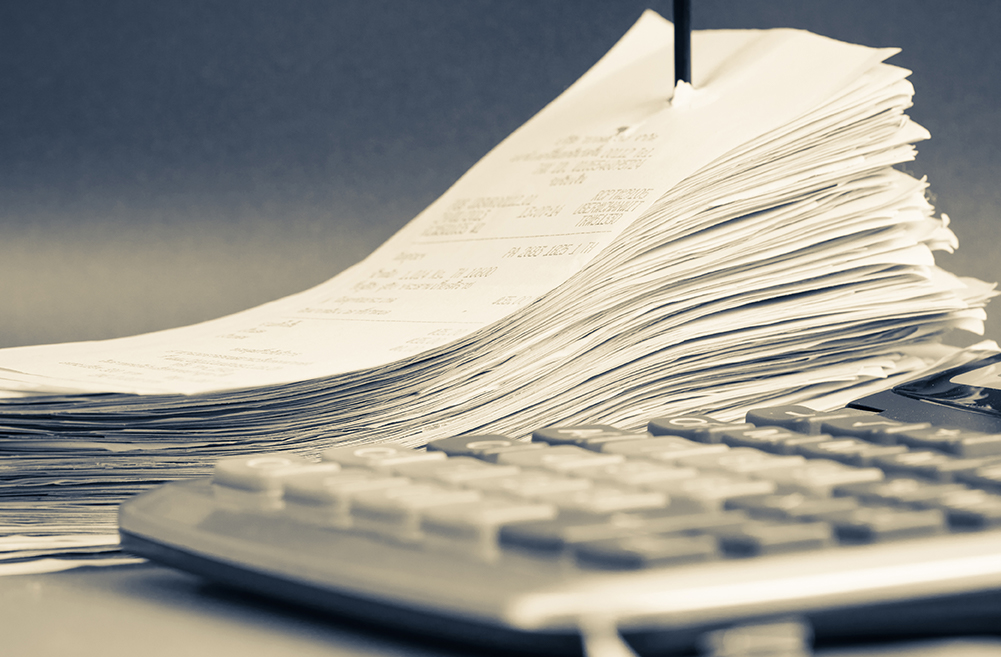Substantiation is defined as “to prove the truth of, or to support with truth or evidence”. The IRS requires taxpayers to substantiate tax-deductible personal and business expenses with written documentation. The IRS further requires the maintenance of supporting records for specified periods of time for inspection in the event of an audit. With 2019 tax preparation in full swing, many taxpayers are continuing to gather their records and receipts. Accurate record-keeping does require additional time; however, it often leads to a more accurate accounting of your deduction reducing the amount of taxes due.
The following are some tips for substantiating your deductions and expenses for your 2019 tax preparation:
Personal Deductions:
Individual taxpayers that are still able to itemize their personal deductions are documenting the following types of expenses:
- Physician and hospital bills, prescriptions, insurance premiums, dental and eye care
- Health Savings Accounts (HSA) Health Reimbursement Accounts (HRA) & Flexible Spending Accounts (FSA)
- Cash and non-cash charitable contributions
- Gambling winnings and losses
The most common error made by taxpayers is the use of credit card statements to substantiate medical-related expenses. The IRS requires a detailed invoice as some medical expenses are nondeductible expenses.
For an HSA, FSA and HRA reimbursement, the IRS requires the taxpayer’s name, date of service, name and number of the provider, type of service rendered and description of the expense.
Taxpayers should confirm the charitable organization they are contributing to has received its determination letter from the IRS. Independent confirmation can be made at the IRS Exempt Organization Select Check Toll or by calling 1-877-829-5500.
Cash contributions should be substantiated by a canceled check or receipt that includes the name of the charity. You can only claim deductions greater than $250 if you have an acknowledgment in writing from the charity. Although you cannot deduct your time, you can deduct expenses related to volunteering if substantiated by written documentation.
Business Expenses:
Business taxpayers generally know they are required to keep records to substantiate their income and expenses. Document substantiation is also required to determine the legitimate business purpose and proper business percentage use of assets.
- The list of deductible business expenses is fairly exhaustive. Meals, travel, mileage and repairs are often scrutinized by the IRS and should be carefully documented.
- Meals and travel documentation should detail the amount, time and place, business purpose and business relationship of the guest. Additionally, for expenditures in excess of $75, a detailed receipt is required. Again, credit card statements alone are not the proper substantiation as each business expense must be separately delineated to be deductible.
- Contemporaneous mileage records are required when using standard mileage deduction and to determine the business percentage use when actual expense being utilized.
- It is strongly recommended and sometimes required that taxpayers use separate books and records and not use personal accounts for the payment of their business expenses.
Whether for personal or business, the time spent to properly substantiate your deductions will often reduce your taxes due and will certainly reduce one’s stress, particularly in an audit situation. Please feel free to contact me with further questions at ppittman@ppittman.com.




